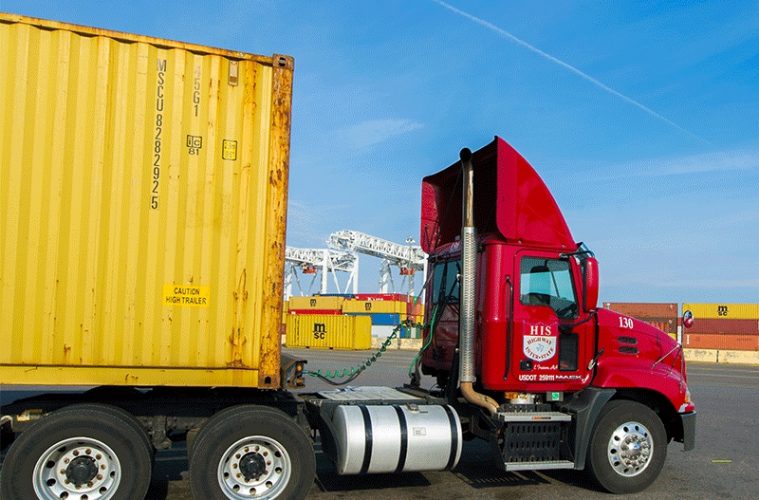Trucking, as you likely already know, is the practice of driving 18-wheel big rigs, also known as tractor-trailers, to transport goods and raw materials across land. Without trucking, supermarket shelves would be largely empty, factories would have a grand time trying to source raw materials to use in their manufacturing processes, and mail would have to be delivered via the Pony Express.
Although the process of transporting items via long-haul truck deliveries is so integral to life as we know it, virtually all Americans who aren’t in the business themselves know essentially nothing about trucking. You might as well spend a few minutes learning about trucking, specifically the differentiation of FTL and LTL trucking.
It’s time to learn the difference between the two types of trucking: FTL and LTL trucking.
What Is FTL Freight?
FTL is an initialism used in the trucking industry that stands for full truckload. Its name is self-explanatory, though we’ll include a brief run-through of an example of full truckload trucking.
Assume that a trucker, Bob, works for ABC Corporation. Bob is dispatched by ABC Corporation’s logistics team to pick up a load at one of ABC Corporation’s warehouses.
ABC Corporation fills the entirety of the trailer with its goods or raw materials – if not both of them in the same shipping container – so there’s no more room for other items to fit in Bob’s tractor-trailer.
When Is Full Truckload Shipping Best Utilized?
One of the industry’s most common trucking practices is transferring shipments between freight carriers as a means of more efficiently delivering transported goods to their destinations. FTL trucking is ideal for deliveries that do not involve transferring shipments.
Further, full truckload trucking is ideal for shipments that are so large that they will fill up most or all of tractor-trailers’ room. This method is also good for shipments that are of high value or are risky to transport.
What Is LTL trucking?
LTL, much like FTL, is an initialism used in the trucking business. This initialism is spelled out as less than load trucking.
In other words, if Bob is dispatched to one of ABC Corporation’s distribution centers and his big rig is only partially filled with items, the practice of LTL trucking was utilized to pack the cargo.
When is LTL trucking best utilized?
This method of shipping is best for truckers who need to pick up or drop off goods or raw materials at several different locations. For example, if Bob leaves New York with a partial shipment of goods in tow, he will best utilize his truck’s capacity by picking up more goods in Indiana, Iowa, Kansas, and Nevada, for example, on his way to Los Angeles.

